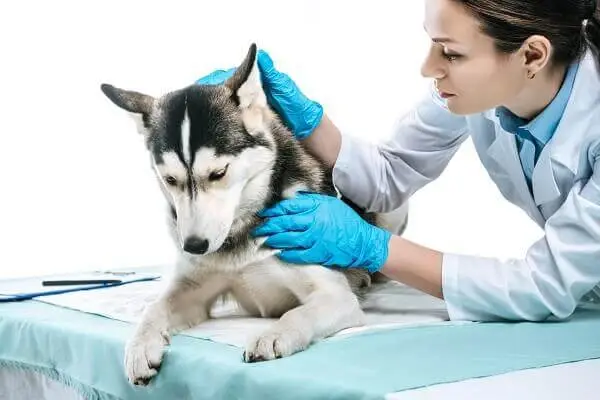The Texas Board of Veterinary Medical Examiners (TBVME) regulates the practice of veterinary medicine in Texas, and issues licenses for Veterinarians (DVM), Licensed Veterinary Technicians (LVT), and Equine Dental Providers (EDP). Applicants to the TBVME must pass the state licensing exam and meet all other requirements prior to becoming licensed in Texas.
The following are 5 FAQ’s for veterinary licensing in Texas. The Texas Veterinary Licensing Act and Board rules are very specific and should also be consulted.
- What type of national examination is required for veterinarians in Texas?
In order to be eligible to apply for a Texas veterinary medical license, an applicant must pass the North American Veterinary Licensing Examination (NAVLE) national exam. Note that Texas supports the National Board of Veterinary Medical Examiners policy to limit examination retakes.
In order to meet the Texas prerequisites to be eligible to apply for a Texas veterinary technician license, an applicant must pass the Veterinary Technician National Examination (VTNE).
- I am switching to a new practice, how do I notify the Board of this change?
You are required to submit a change of address to the Board within 60 days of the occurrence. This requirement applies to changes to the name of the veterinary clinic or hospital, job changes, and changes to your mailing address, physical address, and home address.
Address changes can be submitted to the TBVME via mail, e-mail, or fax. Remember to provide your license number and first, middle, and last name to ensure accurate identification.
- When is a TBVME license renewal due?
TBVME renewals are due the last day of the licensee’s birth-month (unless it is in retired status). If the license is not renewed prior to the expiration date, the licensee is barred from practicing veterinary medicine until their license is active again. Continued practice with an expired license is illegal and may result in the Board taking disciplinary action against your license. Late renewals are assessed a statutory required late fee.
- How many hours of Continuing Education do licensees need to complete each year?
Veterinarians must complete a total of 17 hours of Continuing Education each year. If more than the required number of hours are completed in any given year, a maximum of 17 hours can be carried over and applied to the following year’s requirements.
Licensed Veterinary Technicians must complete a total of 10 hours of acceptable Continuing Education each year. If more hours are completed, a maximum of 10 hours can be carried over and applied to the following year’s requirements.
Equine Dental Providers must complete a total of 6 hours of acceptable Continuing Education each year. If more hours are completed, a maximum of 6 hours can be carried over and applied to the following year’s requirements.
Continuing Education must be earned during the calendar year just prior to renewal. With some exceptions, Continuing Education earned during your birth month is accepted, as long as it is earned prior to renewing your license.
- Does a Texas veterinarian need to display her/his DEA registration certificate?
No, a veterinarian need not display their DEA controlled substances registration certificate; however, the certificate must be available for inspection by the TVBME or law enforcement personnel.
Hire an Experienced Veterinary License Defense Attorney
If you have been notified of a complaint filed against you with the Texas Board of Veterinary Medical Examiners, BERTOLINO LLP can help. We are experienced veterinary license defense attorneys and we know how to navigate the Board’s complaint process. We are prepared to represent you at any legal hearing or proceeding regarding your professional license. Our results speak for themselves.
BERTOLINO LLP represents licensed professionals across the entire State of Texas. If you are facing disciplinary action from a professional licensing board, contact us today or call (512) 476-5757.
Call or text (512) 476-5757 or complete a Case Evaluation form




